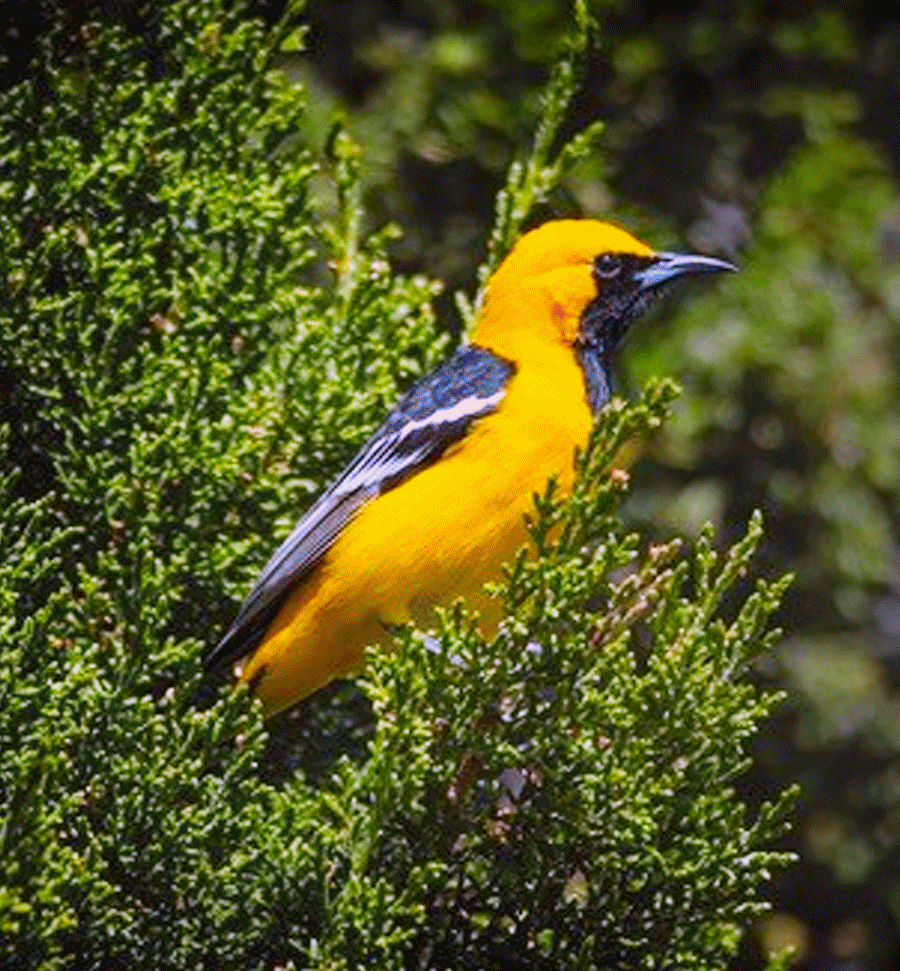Wilson has permitted us to share his thoughts on this year’s Festival, originally posted on his blog here.
The Southwest Festival of the Written Word took place September 29-October 1 in Silver City, New Mexico. The strangest thing about it is just how quickly it flies by. We spend two years inviting authors, writing grants, finding sponsors, locating venues, designing posters, organizing food and lodging, producing promotional material, handing out fliers, finding and instructing volunteers, and sweating the small stuff. And then in the blink of an eye or rather a blur of talks, laughter, and socializing, it’s done.
The biggest joy of the festival, for me, is the intimacy. Silver City is a small town. How often do we get to hang out with American Book Award winners, Pulitzer Prize finalists, and Tony Award winning playwrights? The festival is designed so that we can not only listen to these folk, but also converse with them. The invited authors invariably pick up on the vibe and happily chat to every waif and stray that attends their session.
The authors are a mixture of locals and luminaries from all over the Southwest. Our biggest name regular is undoubtedly Mark Medoff, author of “Children of a Lesser God.” There are no successful theater and film directors who are not, in their own way, fearsome, but Medoff and his wife Stephanie are entirely approachable and charming.
This year, our keynote was given by the novelist and biographer Stella Pope Duarte. Her talk was both funny and moving – a crie de coeur to remember your roots and to live (and write) your life to the full. Other highlights, from the sessions I managed to attend, were the talks and interviews with the young novelists Adrienne Celt, Julie Iromuanya, Matt Bell, and Tim Z. Hernandez. I also enjoyed “I, Custer,” Neal Adelman’s one-woman play, directed by Medoff and starring the brilliant Marissa Bond. Although I didn’t manage to catch their readings, by all accounts our bilingual poets, Andrea Cote and Jesús J. Barquet, were a hit.
There was also the perennially popular session on song lyrics, this year with Melanie Zipin, Charlie Alfero, Andrew Dahl-Bredine and Jack Crocker. They pulled out guitars and serenaded us, with the one exception: Charlie used some kind of new-fangled Bluetooth amplifier thing-y and played a recording. The pre-historic Luddites like me looked on in admiration.
To book-lovers and lovers of the written word in our little corner of New Mexico, we’ll see you again in 2019.
–JJ Amaworo Wilson










